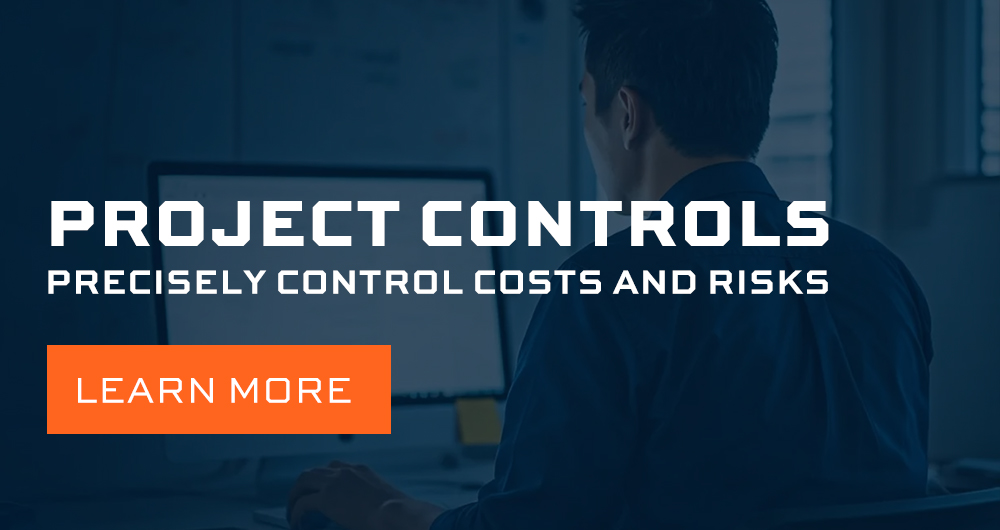In uncertain times, estimates that inspire confidence have a competitive advantage. Learn three approaches top estimators use to build rock-solid confidence into their estimates.
The InEight Platform
The InEight construction project controls platform includes purpose-built applications that manage all phases of capital projects, starting with accurate pre-planning and ending with predictable completion and commissioning. The InEight platform is modular for flexible implementation, integrated for seamless data flow, and built for scalability.PROJECT CONTROLS
The modular InEight Project Controls solution brings all your project data together for unmatched visibility into scope, cost, and schedule.
Control ›
Real-time visibility into budget and forecast scenarios, integrating with your ERP
Contract ›
Centralize all contracts and stay on top of payments
Change ›
Consistently track issues and manage change orders
Plan & Progress ›
Distribute and execute work packages while capturing real-time productivity information
PRICING AND SCHEDULING
Estimate ›
Build accurate estimates for any size project
Schedule ›
Full CPM capabilities with integrated look-ahead planning and risk management
PROJECT INFORMATION MANAGEMENT
Document ›
Manage, review, and distribute every type of document
Model ›
Visualize and manage construction information from a common data environment
CONSTRUCTION INTELLIGENCE
Report & Explore ›
Conduct deep, interactive analysis across your entire portfolio with construction project dashboards and reports.






